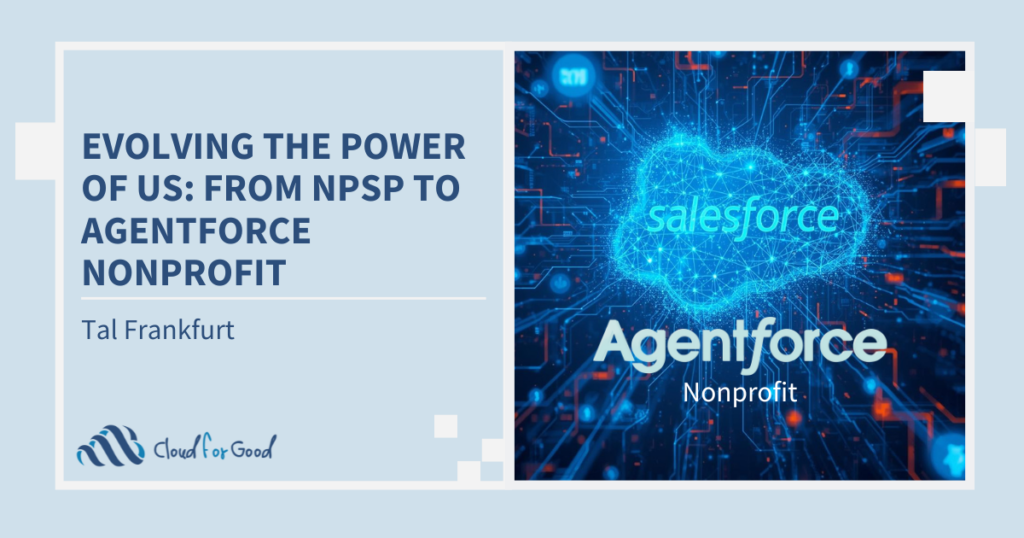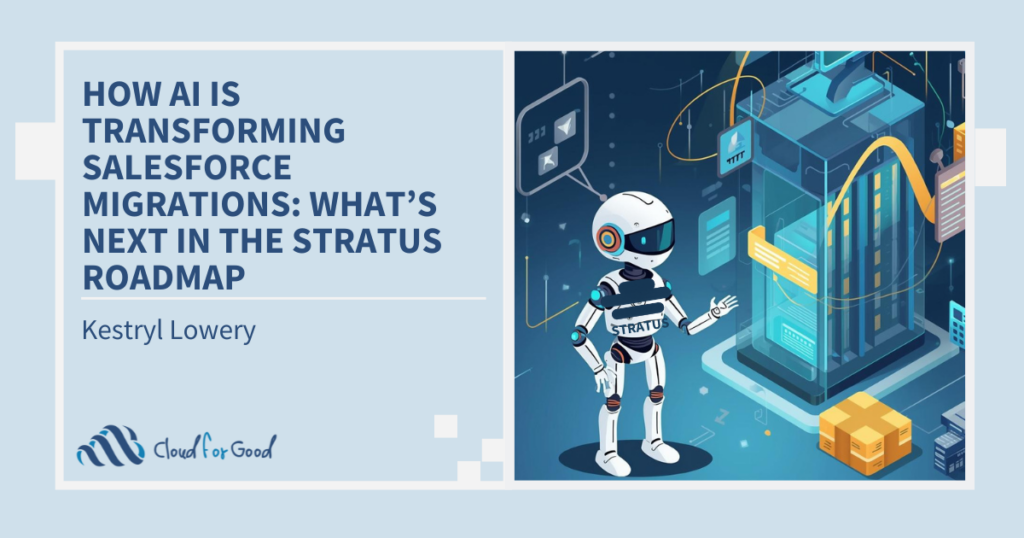Stanford SPARK was established in 2006 as a translational medicine program within the school of medicine at Stanford. Founded by Chemical and Systems Biology Professor Daria Mochly-Rosen, SPARK was created to deliver a cost-effective model of generating proof of concept research using out-of-the-box academic approaches, and to bridge the disconnect caused by a lack of expertise, lack of funding, and a lack of mutual understanding for vital research. From a higher-level view, SPARK serves as the interaction mechanism of academia and industry at Stanford and is based on interactions with individuals, not companies or conglomerates. With the help of Salesforce, SPARK provides access to specialized knowledge and technical expertise regarding drug and diagnostic development, dedicated core laboratory facilities, and sources of funding to support translational efforts.
Mahima Agochiya, Business Development and Program Manager for Stanford University’s SPARK Program, recently joined a webinar panel of esteemed leaders within the higher education space. On this webinar, Agochiya detailed how Stanford SPARK’s Cloud for Good-implemented Salesforce platform has enabled the institution to better track constituent and member management, leverage their project management, and manage proposals and applications to the program with heightened efficiency. During her portion of the webinar, Agochiya went into great detail on the nature of Stanford SPARK and how Salesforce has turned this global initiative into a powerhouse of academic research through technology.

Agochiya opened her discussion with a revealing bit of humility: “I don’t have any IT background at all. So, the fact that I’m responsible for this program tells you a little bit about the ease of Salesforce and also about our partners who helped us implement Salesforce which is Cloud for Good.” Despite a lack of direct IT experience, Agochiya brought a fervent love for databases and clean data tracking to SPARK when she joined the program in 2016. With a Ph.D. in cancer research and an MBA in health, Agochiya came prepared to fund selective research and partner with experts within the Pharma and Biotech industries to mentor SPARK program participants and mindfully move them toward clinical consultation.
Having found success with Salesforce in the past, Agochiya spearheaded an initiative to implement a system better suited to the depth and breadth of the Stanford SPARK program. Starting deliberately, the institution implemented a rudimentary database in 2017, moving program data from scattered spreadsheets to Microsoft Access. This stop-gap solution quickly wore out its welcome, revealing limitations in organizational cohesion and an over-reliance on Agochiya’s role in managing and updating the database. When funding became available to upgrade systems, Agochiya said, “It wasn’t even a question that we would transition to Salesforce.”

With the help of Cloud for Good, Stanford SPARK implemented Salesforce’s Sales Cloud in 2019 to track their programs, program data, and project data, such as meeting recordings and scheduled update reminders. No longer reliant on disparate spreadsheets and a lack of centrality, SPARK was able to track and log program information stretching all the way back to the program’s inception in 2006. Now, added functionality within Salesforce has allowed SPARK to benefit overall business development through email integration, contact sharing, communications, and more efficient reporting providing a true 360-degree view of their program participants. This all-encompassing view has also benefitted SPARK’s mentorship alignment, allowing the program to manage their contacts and track the areas of expertise for each advisor.

Stanford SPARK research centers feature various departments of multi-disciplinary work, it was imperative that the utilization of Salesforce allowed team members to note who among the team can assist in specific areas of expertise. This level of data clarity and resource identification has greatly benefitted Stanford SPARK’s overall reporting abilities which, in turn, positively affects fundraising efforts. “Reports through Salesforce have helped the program pull intelligent reports that reveal new fundraising opportunities or showcase to potential investors the success rates and metrics within Stanford SPARK,” said Agochiya. The ease allowed by Salesforce reporting capabilities has helped Stanford SPARK to remain nimble to strategy changes as a result of the difficulties raised by the COVID-19 pandemic.

While SPARK originates from the United States, the program has grown into a global initiative, with over 60 unique institutions around the world involved in SPARK Global. The global initiative needed the support of a system that could be implemented globally, where access was easily shared and collaborative, and confidentiality could be maintained across the many countries and people involved in the program. With several different countries housing the 60 institutions, and each country featuring a unique Director for their country’s program, the ease and utility provided through Salesforce technology has been essential to the global initiative’s success. “Exporting data from Salesforce for global partners to combine research with all SPARK participants is absolutely crucial. Salesforce enables that process with ease,” summed up Agochiya.

Stanford SPARK’s Salesforce journey is far from over. Agochiya excitedly reveals that “there are plans to integrate the application process for new SPARK projects with their Salesforce database and scale the solution for global operations. As I said, I have no IT background, and Cloud for Good has been excellent in figuring out how to do things creatively and implement them successfully.” When they needed it most, Stanford SPARK turned to Salesforce and Cloud for Good to support their essential work on a global scale. Working in conjunction with a scalable Salesforce platform, Stanford SPARK is now better positioned to advance medical discoveries and help better the global academic community during an ever-critical time.





